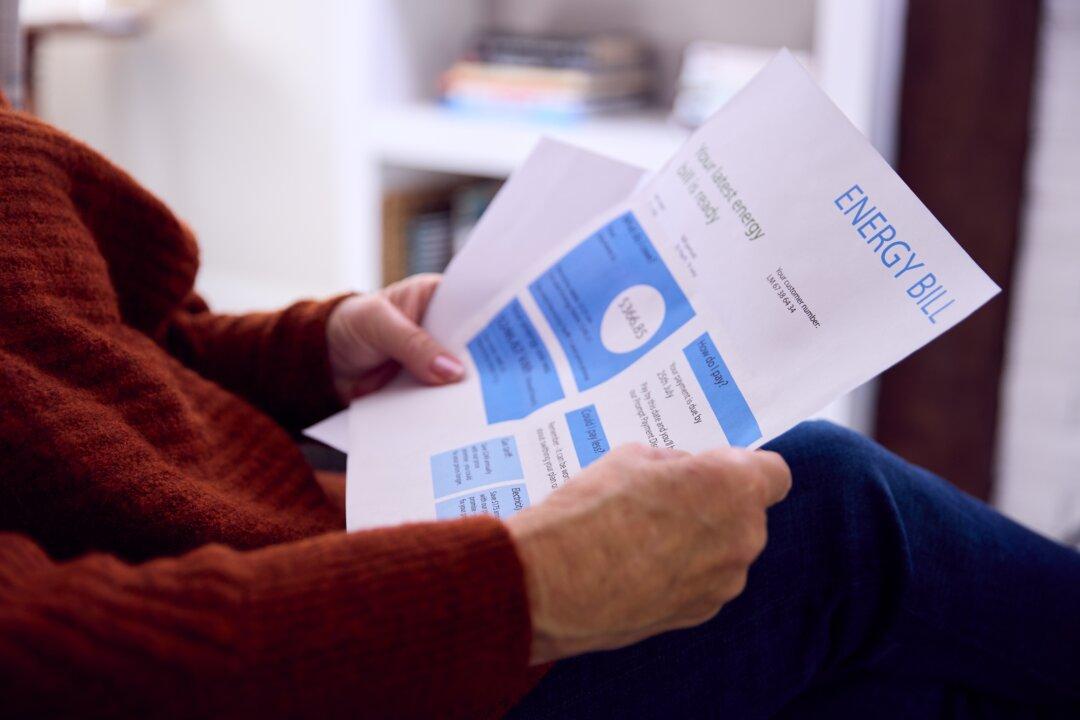Every year, the number of seniors and others who qualify for extra help is rising rapidly. Many of them are in dire straights and urgently need aid programs, but cannot get the help they need even though they apply for it. It appears that the requirements on the applications are designed to prevent large numbers of them from obtaining it.
While many seniors are unaware of these government assistance programs that offer immediate financial assistance, many have learned about them, but still cannot get the help needed. Even though they should qualify, many are being turned away.






